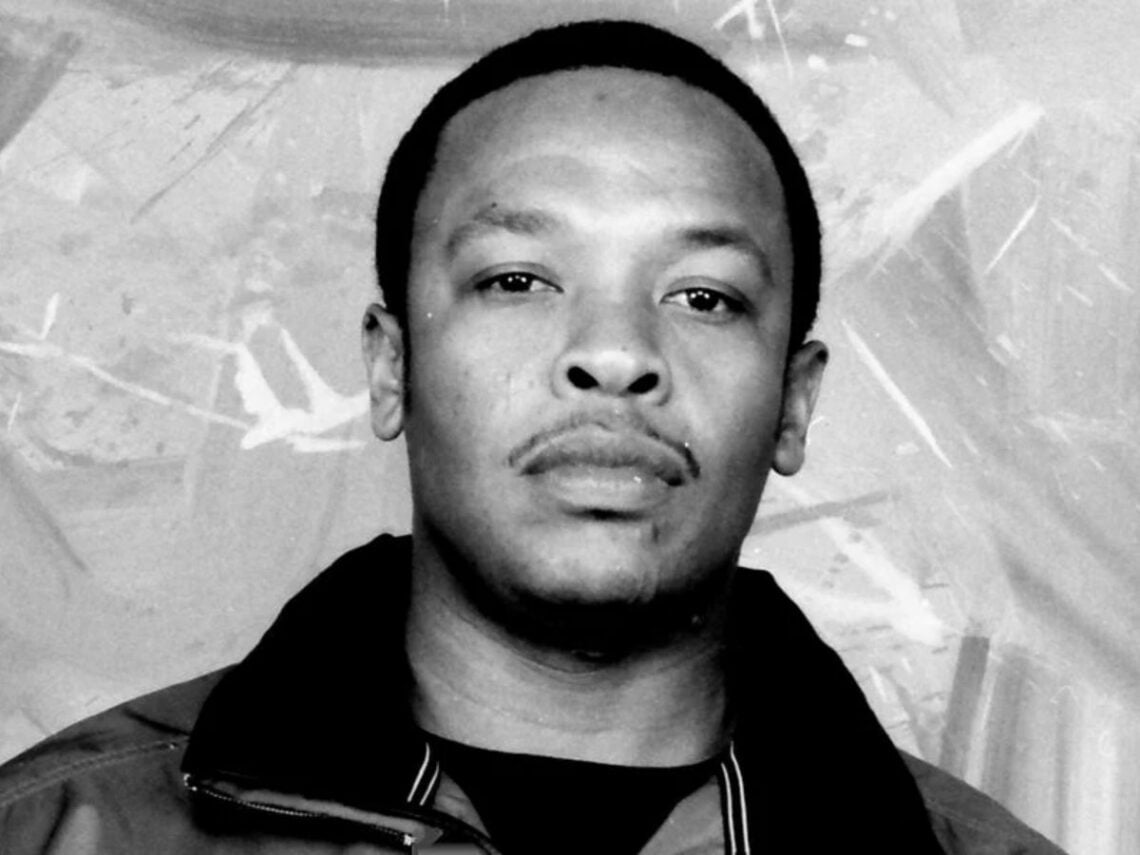During the pandemic, hip-hop saw a lot of desperate artists selling the rights to their music for extensive cash handouts. However, over three years after the start of Covid, what seemed like a last resort for cash-deprived rappers has become somewhat of a trend. Ownership in the music business entails a lot of different elements, but many rappers are happily giving away their masters and publishing rights for quick money, and this trend won’t be stopping anytime soon.
For many years, the sensible and best-paying option for musicians was to hang on to their masters. This meant they could reap the full rewards of the music. However, with more and more consumers leaning on streaming services such as Spotify and Apple Music, it has proven to be more lucrative if acts sell a portion of the rights to larger corporations in recent years.
With major labels now primarily offering 360-deals, in which they take a large cut out of everything from tour revenue to merchandise, acts are seeing less and less money from their creations. Furthermore, the amount of money artists see per stream is under 0.1 cents.
With this being said, it is no wonder that even artists like Dr Dre are selling treasured parts of their catalogues to see the slightest amount of income. Earlier this year, Dr Dre reportedly sold the rights to his music to Shamrock Holdings and Universal Music Group for a whopping $250million. However, according to Billboard magazine, the purchase included “two of his solo albums”.
The publication then proceeded to unveil that the corporations even demanded “his share of N.W.A. artist royalties, producer royalties and the writer’s share of his song catalogue where he doesn’t own publishing.” There is even speculation among fans that this includes his 1992 debut album The Chronic.
Many claims of purchases are found to be false.
Earlier this year, it was reported Juice Wrld’s catalogue was sold to Opus Music Group, though the late rapper’s label owner Lil Bibby insists that this is completely untrue. Hip-hop podcast The Rap Roundtable has questioned whether or not this predicament may lead to hip-hop dying. You can watch that conversation in the video below.
